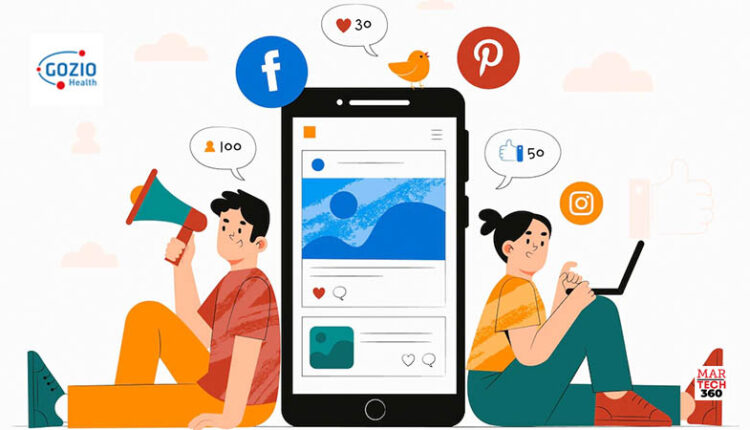Gozio Health Survey: Majority of Health Systems Recognize Value of Mobile Engagement Platforms, Yet 1 in 5 Lacks Offering
Nine out of 10 healthcare executives believe a well-designed, consumer-facing mobile application would help their organization achieve its digital strategy goals, according to a recent survey commissioned by Gozio Health, an industry-leading location-aware mobile engagement platform provider. What’s more, 82% of health system executives plan to increase investment in patient-facing mobile technology over the next three years.
“Given that a health system’s digital strategy impacts so much of the organization, it needs to be thoughtful and cohesive. This is only becoming more important as health systems seek a competitive edge in their communities.”
Key findings from the survey include:
Consumer-facing mobile apps are a critical component of health systems’ digital strategy. More than half of health system executives ranked the importance of a mobile app as a 9 or a 10.
Nearly two out of three healthcare executives agree that mobile engagement can help achieve broader business goals. For instance, according to survey results, 63% of executives say a well-designed patient-facing mobile app would help their health system deal with labor challenges.
Yet, of the 82% who have some kind of mobile presence now, only 38% would rate its success as an 8 or higher on a scale of 1 to 10. Few organizations see mobile downloads of over 10,000 while many others either don’t know how much engagement they have or admit they aren’t tracking adoption at all.
“Digital platforms fail to meet consumer expectations because of what I call ‘Frankenstein’ apps. This is when an organization launches a mashup of mobile features that are not cohesive, resulting in a disjointed experience for the consumer. This problem is exacerbated when an organization has multiple mobile offerings—one app for labor and delivery, one app for ortho, one app for EMR access, etc.—each vying for the consumer’s attention, essentially moving from a Frankenstein app to a Frankenstein strategy, which is unlikely to deliver strategic value to the organization as a whole,” said Joshua Titus, CEO and founder of Gozio Health. “Given that a health system’s digital strategy impacts so much of the organization, it needs to be thoughtful and cohesive. This is only becoming more important as health systems seek a competitive edge in their communities.”
The pandemic had a strong impact on what health systems want in their mobile app offerings. Survey respondents’ wish lists for mobile app offerings include:
A tool for patients to take notes and include family members virtually
Digital support for hospital-at-home services
A platform for communicating with family members of patients
Wayfinding, a service that 40% of health system executives plan to implement, on top of the 25% who already have
According to one survey respondent, wayfinding is an important piece of the puzzle: “We get so many comments every year around difficulty with parking, getting into the hospital and finding their way.” Another noted that their organization originally implemented wayfinding as a way to address safety: “No one was even thinking about how wonderful this would be for someone who just got diagnosed with cancer and had to find the surgery department.”
The survey of 272 health system executives was commissioned by Gozio and conducted by Eliciting Insights in June 2022. Eliciting Insights also interviewed five directors of patient experience and marketing. The research was conducted to determine health systems’ top challenges around mobile app engagement and digital health success.


Comments are closed.